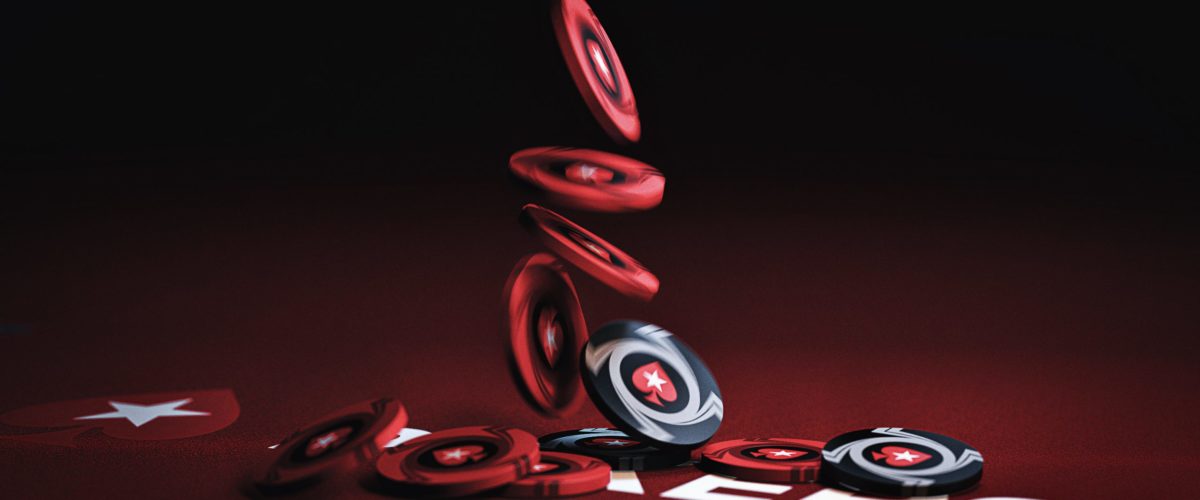Poker Guide: Instinct Players vs. Maths Players
Whether you’re a loose player or tight player, passive or aggressive, you’ll also be an instinct player, a maths player or possibly even both.
What’s an Instinct Poker Player?
Instinct or feel players exist both online and live, and these players seem to have a natural ability to do well on the felt. It could be that they have played so many hands, that their subconscious simply knows what the right move is in that spot.
Playing by feel doesn’t mean they are a bad player by any means, they still know all the fundamentals of the game, such as starting hands, position, controlled aggression, meta game etc. They just ignore whether a call or fold is mathematically correct and they’d rather put a player on an exact hand than a wide range of hands.
They take into account the metagame, whether or not the player is on tilt, bored, running good etc.
You’ll often hear these players make comments like:
“I went with my gut.”
“I had a feeling.”
“I knew that was coming.”
“I felt it.”
Pros and Cons of an Instinct Player
Pros:
They can make big laydowns with amazing pot odds and be correct.
They can make big calls without correct pot odds and be correct.
They often have good reads on players and pay more attention to tells.
Cons
They don’t fully understand variance of the game so tend to tilt more.
They can also make some really bad calls/folds based on pot odds, and are not thinking about the longterm game.
It’s harder to multi-table based solely on instincts; you need to focus on your opponents.
It’s often said that instinct players are best at live play, especially tournaments.

What’s a Maths Poker Player?
Maths-based poker players will look at pot odds and equity to calculate the percentage chance that they are ahead or behind in a hand. They will work out the probability that their range of hands is ahead or behind an opponent’s range. They are constantly updating the equations in their head to try and narrow their opponent’s range of hands down, to make the best mathematical decision possible.
You’ll often hear these players make comments like:
“I was a 4 to 1 favourite.”
“My range was ahead of their range.”
“I’ll win that 33% of the time.”
“I couldn’t fold with my pot odds and equity.”
Pros and Cons of a Maths Player
Pros:
They understand variance and the swings of poker,both winning and losing.
They’ll often make the correct longterm decision.
Great maths players can play more tables with a positive ROI.
Cons
They find it hard to laydown hands with amazing pot odds.
They find it hard to call with bad pot odds.
They do not have good reads on players and pay less attention to tells.
It’s often said that math players are best at online play, especially cash games.
Which is the best style of player?
Think about this for a second then give an answer before you continue.
If you said both, you’re 100% correct! Maths players can be winning players, just as instinct players can. But a combination of both is a force to be reckoned with.
Here are some tips to help you improve…
Should you be solely a maths player, try playing more hands. Put more time into your game, as only then will your subconscious bring out the instinct player in you. Players who put in the hours at the tables generally improve much quicker than a player who only studies the game. Find a balance of study/play that suits you.
For instinct players, try playing a little less to improve on your maths game. Take an hour or two a week to solely work on pot odds, work out hand ranges, calculate equity etc. If you’re already a winning player just imagine how much better you’ll be with a few more tools under your poker skillset.


